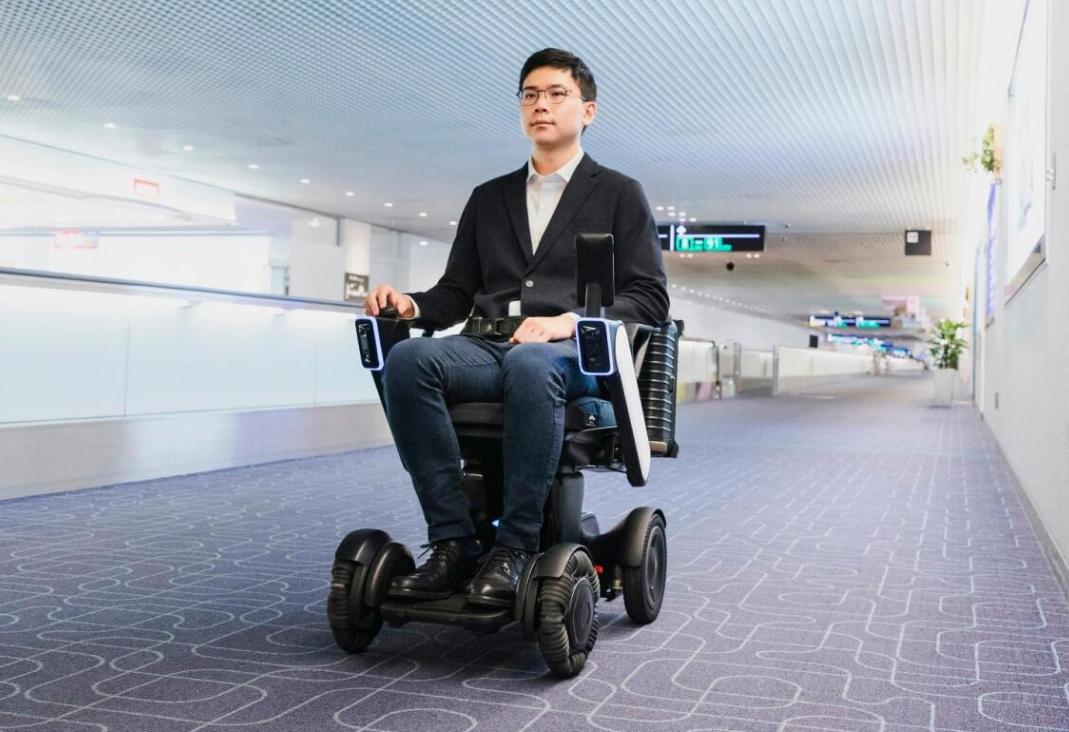Infidelity is one of the most painful experiences a couple can go through. When trust breaks, it shakes the foundation of the relationship. Many couples in the UAE face additional pressures too. Long working hours, frequent work travel, living away from family support systems, cultural expectations and social isolation in expat life can silently strain a marriage. When emotional distance grows, connection becomes weak and vulnerability opens the door to mistakes.
The good news is that rebuilding trust is possible when both partners are willing to work on healing. It is not a quick fix, but with patience, guidance and consistency, many couples come out stronger than before.
Professional guidance can also help. Many couples in similar situations choose couples therapy or marriage counselling to rebuild emotional safety in a structured way.
Below are ten steps that counsellors commonly use to support couples after infidelity.
1. Acknowledge the Pain, Clearly and Honestly
The partner who betrayed needs to acknowledge the emotional hurt caused. Avoid minimising, excusing or shifting blame. Healing begins when the betrayed partner feels understood and emotionally validated.
2. Commit to Full Transparency
Rebuilding trust requires openness. This may involve:
- Answering questions honestly
- Being clear about whereabouts
- Sharing communication patterns
This stage is not permanent. It simply helps re-establish emotional safety.
3. End All Contact With the Third Person
This is non-negotiable. Any continued communication, even if it appears harmless, slows or reverses healing. Clear boundaries protect the relationship.
4. Create a Safe Space for Conversations
Arguments and blame cycles do not lead to repair. Counselling offers structured communication where both partners can speak honestly without escalation.
If emotions feel overwhelming, online hypnotherapy sessions can also help with anxiety, intrusive thoughts and emotional regulation.
5. Understand What Led to Disconnection
Infidelity does not always come from lack of love. Often, the relationship had slowly shifted long before the breach. This can include:
- Emotional disconnection
- Stress from work or parenting
- Feeling unseen or unheard
- Unresolved past conflicts
Understanding patterns helps prevent them from repeating.
6. Set Clear Boundaries Moving Forward
Every relationship needs new agreements after trust breaks. These may include clarity around:
- Social media interactions
- Work friendships
- How to respond to emotional triggers
- Time spent together
Boundaries give safety, not restriction.
7. Consider the UAE Lifestyle Factors
Many couples in the UAE navigate:
- Long-distance or shift-based work
- High job pressure and burnout
- Mixed cultural or interfaith expectations
- Parenting without extended family support
In such cases, a combined approach of couples therapy and sometimes child or adolescent counselling (if children are affected) is supportive. More on that here: PsychiCare Child & Adolescent Clinic
8. Rebuild Emotional Intimacy Slowly
Healing requires small steps:
- Daily check-in conversations
- A weekly shared meal or walk
- Time together without distractions
Connection grows from consistency, not grand gestures.
9. Support Individual Healing Too
The betrayed partner may feel anxiety, insecurity or confusion.
The partner who betrayed them may feel guilt or shame.
Individual therapy or guided emotional support ensures both partners heal personally, not just as a couple.
For self-reflection and emotional wellbeing guidance, articles and personal growth resources at LeapHope may also be supportive.
10. Be Patient, Trust Returns Gradually
Healing is not linear. There will be difficult days and stable days. Progress shows in:
- Softer reactions
- Improved communication
- More emotional closeness
- Reduced fear and tension
Trust is rebuilt slowly, through consistent actions, not promises.
Final Thought
Infidelity changes a relationship in a deep and personal way. The pain, confusion and loss of trust can feel overwhelming, especially when you are trying to hold your life together at the same time. But many couples do recover. With honesty, patience and consistent effort, trust can be rebuilt, and the relationship can grow into something more grounded and transparent than before.
If you feel you need support, working with a trained counsellor can help guide the process so communication doesn’t turn into conflict. PsychiCare’s therapists are experienced in helping couples rebuild after emotional breaks, and their approach is gentle, structured and realistic. You don’t have to have everything figured out before you seek support; sometimes the first step is simply sitting together and saying, “We are willing to try.”
Healing doesn’t mean forgetting what happened. It means choosing to understand each other again, to rebuild safety slowly, and to create a new chapter that honours how far you’ve both come.
You can continue at your own pace. Just don’t walk through it alone.





